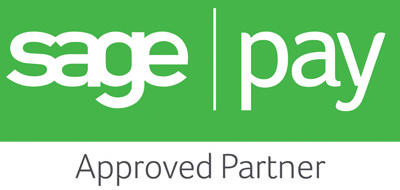Are You Ready for In-Person Events
After such a long period of social distancing and special measures the thought of running, or attending an in-person event is quite daunting. Whether you run (or attend) large trade shows or smaller scale ones with just a few people, returning to a schedule of events will require a lot of planning, and even more contingency planning than usual.
During the pandemic most events have moved online. Even house viewings have been conducted virtually and the lessons that we have all learned will continue to inform how we do things. Virtual events have a much lower overhead than a physical one, so your return on investment is much higher for marketing and sales events. The convenience aspect is certainly one which will influence decisions on events, not to mention the cost savings of not having to travel or pay for overnight stays.
Not everything can be managed online to the same degree of effectiveness as an in-person event.Hands-on training courses need people to be in the room with the trainer, but we know that certain portions of training events can be successfully delivered online – indeed some theory training works better online, as people can take their time preparing and reading ahead of a practical session. We expect that a lot of training sessions will incorporate online and distance learning as well as hands-on aspects, and that this will continue to be the standard for many years to come.
If you need to run an in-person event, you'll need to be very mindful of the comfort levels of your attendees. Some people will be nervous about being in a room with others, while some people will be perfectly comfortable with this. While you can't insist that people take a lateral flow test to access an event, you can strongly advise that this is done; we can see from trials of gigs that people are generally quite happy to take a test and that knowing everyone else has done one too increases the sense of safety and security at the event.
Sending clear information about your infection control measures allows your potential attendees to make an informed decision about whether to attend.It is also important to send frequent reminders of the event if it is something people need to register and pay for, so that if they decide not to attend you can offer their place to someone else.
When it comes to booking a venue you'll need to be very clear about what happens if you need to cancel the event. Losing out on your deposit is just part of organising events, but having to lose out on your entire budget because an event is cancelled at the last minute is a different matter.Check out the cancellation policy of the venue and opt for those with flexibility around moving dates or cancelling the event entirely.
You'll need to make sure that paper hand-outs are kept to a minimum, but an online information pack or one which is emailed to attendees ahead of time, removes the need to print and hand out things on the day; a further cost saving. Catering may be a problem, with buffets very much out of the question at the moment.Running an after-lunch event removes the need to cater for your attendees, or that you can advise people to provide their own food.
In-person events are now a possibility, but there are many questions to answer and contingencies to plan for that you'll need to consider before deciding to go ahead with it. For the moment, you may find it best to stick with online events, and slowly move to in-person ones as the situation improves.
